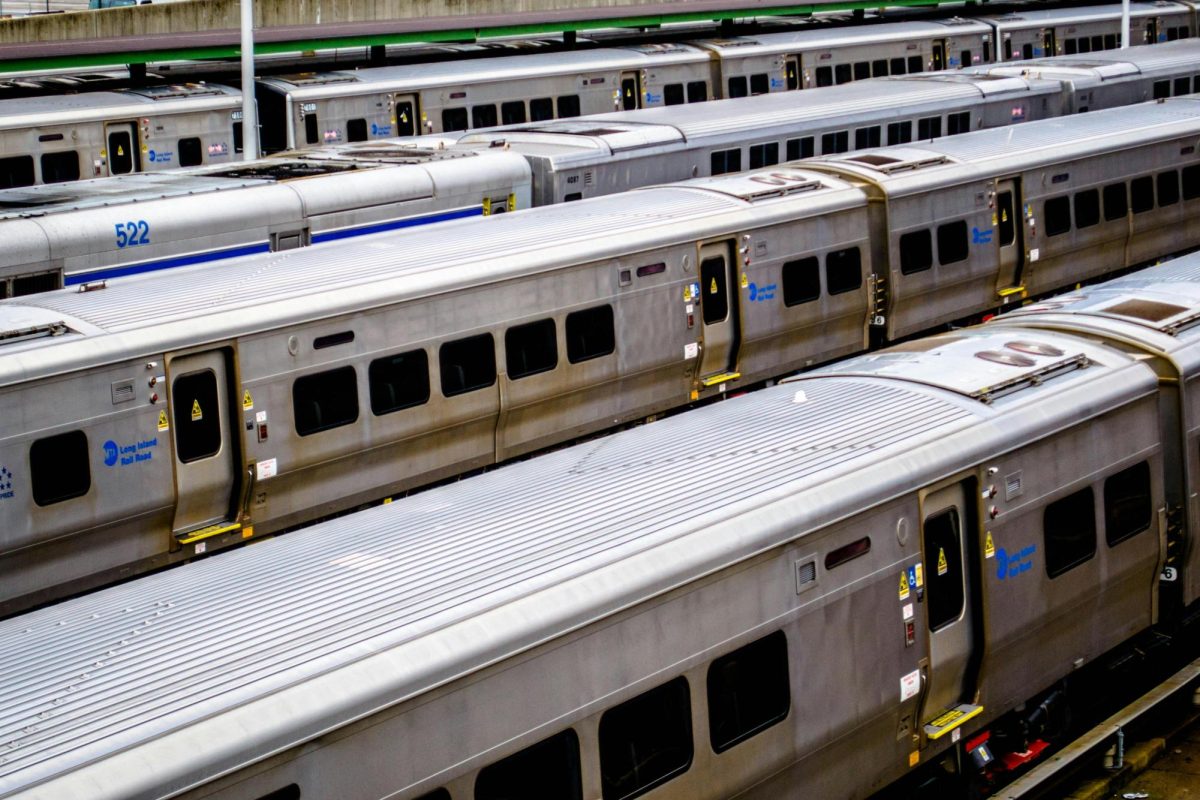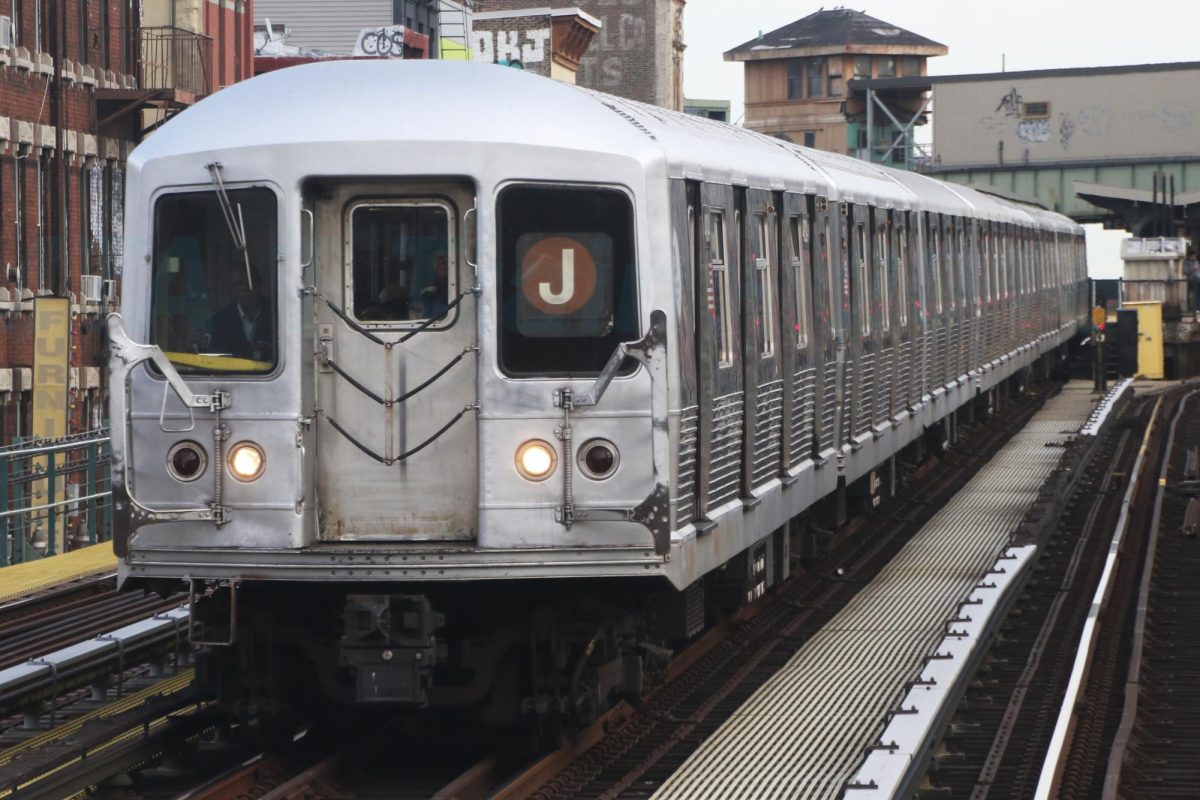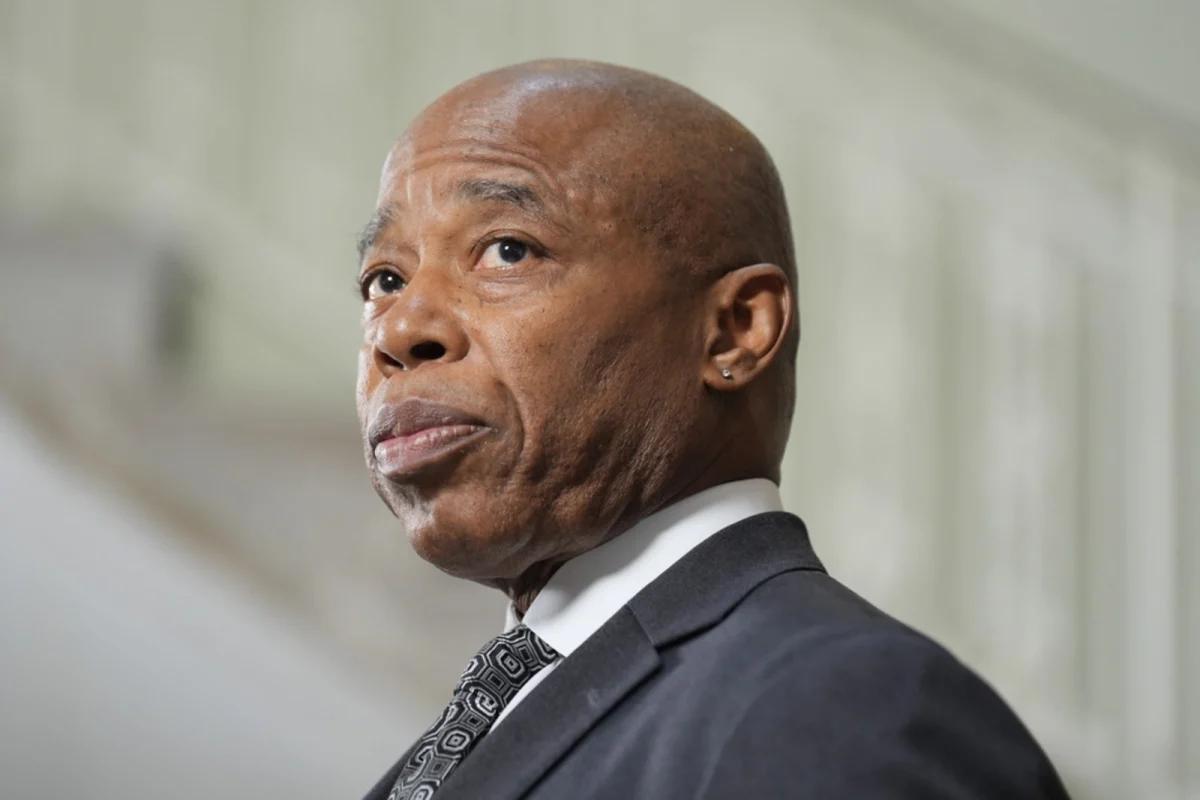On Monday, Sep. 15, Long Island Rail Road union leaders asked President Trump for a Presidential Emergency Board, delaying the strike previously set to begin on Sep. 18. It was planned to start at midnight on Thursday, which would have affected its 250,000 daily customers. Students and staff of the University may have been among those impacted, forcing them to find alternate ways of getting to campus.
Representatives of five unions associated with the Long Island Rail Road stepped in to ask for an emergency board from the president, giving them an opportunity to present their needs while still allowing citizens to use the transit system. The unions rejected MTA’s offer of a 9.5% raise, citing that it could not keep up with the high and rising cost of living in New York City. Now, due to the federal intervention, there is a 120-day period in which no strike can occur while negotiations commence. If no conclusion is reached, a second board with a 120-day period may be instated. A strike is still a possibility for May 2026, after these two deliberation periods expire.
Angelica Mastandrea, a senior Arts and Entertainment Management major and president of the Commuter Student Organization, shared that if the strike were to commence and she had to rely on buses, her commute time would have doubled.
“I would have had to leave at 7:30 a.m. for my 10:35 a.m. lecture,” Mastandrea said. “I usually walk to the train and then I’m all set, but if [the strike] were to happen I would have had to wake up at 6 a.m. and my mom would have to drop me off at the bus stop because it is a thirty minute walk… so it would have been very hectic for me to have to navigate.”
MTA announced contingency plans to minimize the damage done by a shutdown, which is what Mastandrea would have had to rely on, but that doesn’t come without flaws. Mastandrea was worried that buses may be full and prevent her from being able to arrive at school on time, since the many other train riders would also have to resort to alternatives.
“I was surprised that the University didn’t really address it,” Mastandrea said. “I’ve relied on the train for all four years, and for students that don’t live near a bus stop, they would have to think of other options for getting to school or getting education. I was getting ready to email my professors about the situation and let them know that I would need time to figure out my commute, because I didn’t want to use my two absences [on this].”
Freshman commuter and Biology major Vazira Ashrabova shared that she would also be greatly affected if the train she takes were to no longer be available.
“Honestly, I wouldn’t be able to come to campus at all if the trains shut down… finding alternative transportation would be really difficult and expensive,” Ashrabova said. “The train system is basically a lifeline for students. When it’s reliable, everything runs smoothly. But when it’s not, it affects education, work and daily life.”
The LIRR strike being postponed allowed for students and staff to continue taking their normal commutes to campus. However, there is still the potential strike later in the year to be aware of.











